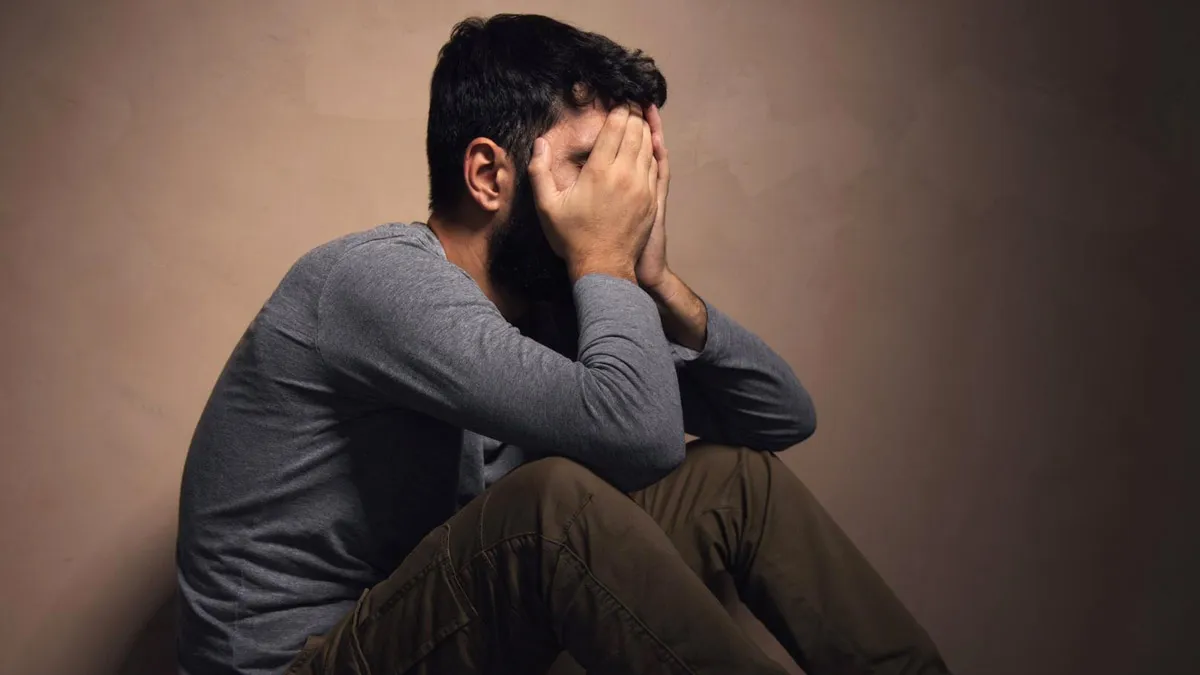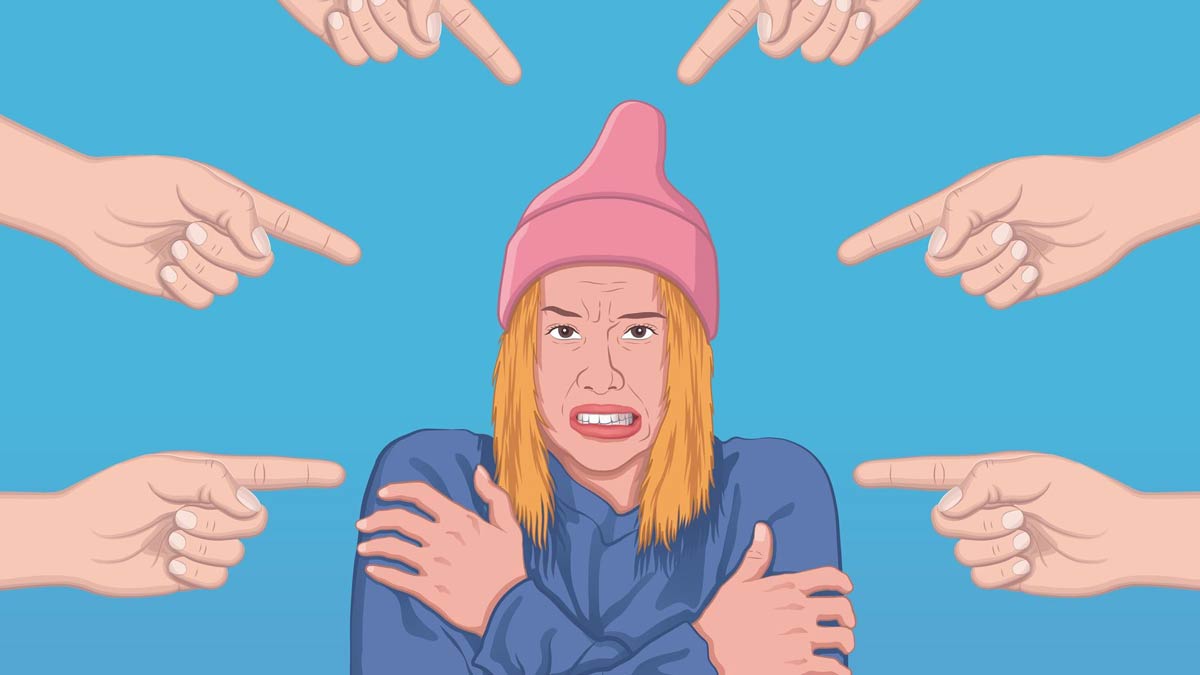
Trauma isn't just an emotional experience—it leaves an imprint on the body as well. From muscle tension to chronic illnesses, the mind-body connection is more profound than many realise. Understanding how trauma impacts physical and mental health is essential for holistic healing.
Table of Content:-
CHECK YOUR
MENTAL HEALTH

We spoke to our expert, Dr Bhumesh Tyagi, Consultant - General Medicine and Physician, Shardacare - Health City - Noida, and here's what you need to know about the effects of trauma on your body and strategies for recovery. But let’s understand how trauma affects us first.
How Trauma Affects the Body
“Trauma activates the body’s stress response system, commonly known as ‘fight, flight, or freeze.’ When this system is constantly triggered, it can lead to physical and emotional imbalances,” shared Dr Tyagi. Adding to his statement he also explained that trauma manifests in the body in several ways. These may include:
1. Chronic muscle tension
2. Hormonal imbalance
3. Digestive issues
4. Cardiovascular strain
5. Chronic illness

Also Read: Can Immunity Boosters Help Combat Current Air Pollution? Here's What You Need To Know
The Mind-Body Connection
Trauma doesn’t just live in the brain; it lives in the body. Psychologist Dr Bessel Van Der Kolk, author of Understanding And Healing From Trauma, emphasises that the body stores traumatic experiences, often leading to somatic symptoms long after the event. This explains why physical symptoms may persist even when the mind begins to heal. Thus making the process of healing both physically and mentally crucial.
Tips To Heal Physically And Mentally
Recovery from trauma requires addressing both physical and emotional health. Here are strategies shared by Dr Tyagi to help you heal holistically:
1. Practise Mindfulness And Grounding Techniques
Mindfulness helps reduce the body's stress response and re-establish a sense of safety. Practises like deep breathing, meditation, and yoga can reconnect the mind and body while reducing physical symptoms of trauma.
2. Seek Trauma-Informed Therapy
Working with a therapist trained in trauma recovery, such as one who practises Eye Movement Desensitisation and Reprocessing (EMDR) or somatic experiencing, can help release stored trauma from the body.

3. Engage In Regular Physical Activity
Gentle exercises like walking, tai-chi, or swimming can release tension and regulate the nervous system. Movement-based therapies, such as dance or expressive movement, can also be powerful tools for trauma recovery.
Also Read: Feeling Bloated? Here’s What You Can Eat Without Stressing Your Stomach
4. Maintain A Balanced Diet
Nutrient-dense foods support hormonal balance and gut health, which are often disrupted by trauma. Omega-3 fatty acids, leafy greens, and probiotic-rich foods like yoghurt or kimchi can be particularly beneficial.
5. Build A Support Network
Connecting with trusted friends, family, or support groups can provide emotional safety and reduce feelings of isolation. Shared experiences can better help in healing and build resilience.
6. Prioritise Sleep
Sleep is crucial for physical and emotional recovery. Establish a calming bedtime routine, limit screen time before bed, and create a restful environment to improve sleep quality.
Takeaway
Trauma is a whole-body experience, but recovery is possible with the right approach. By addressing both physical and emotional aspects, you can build resilience and restore balance to your mind and body. Healing is a journey, not a destination—be patient and compassionate with yourself along the way.
Also watch this video
How we keep this article up to date:
We work with experts and keep a close eye on the latest in health and wellness. Whenever there is a new research or helpful information, we update our articles with accurate and useful advice.
Current Version